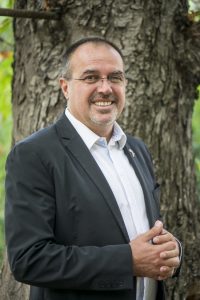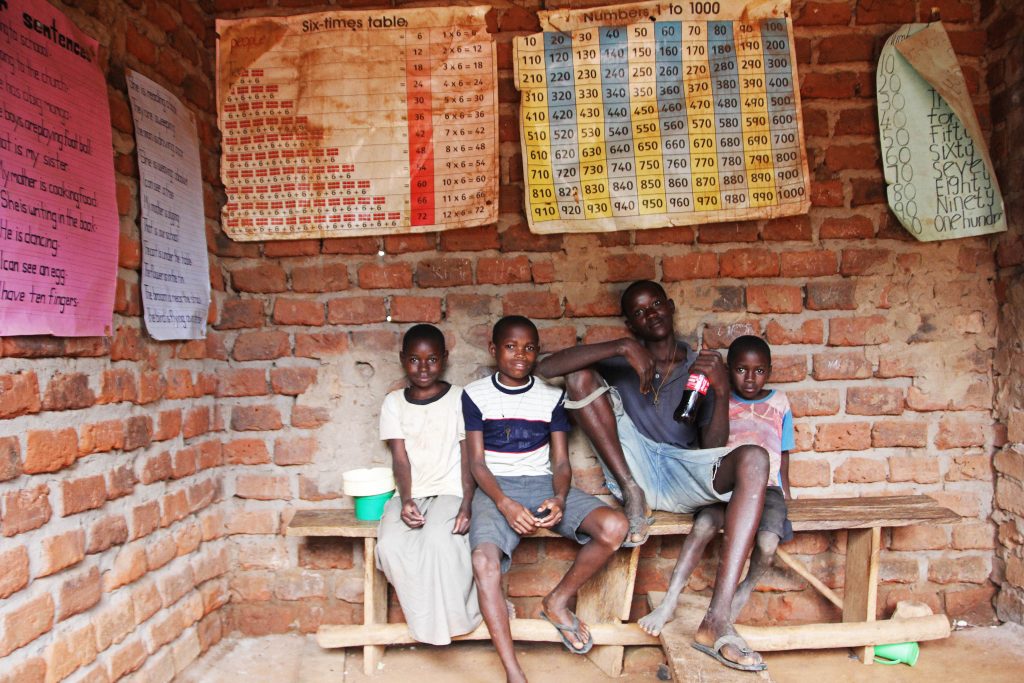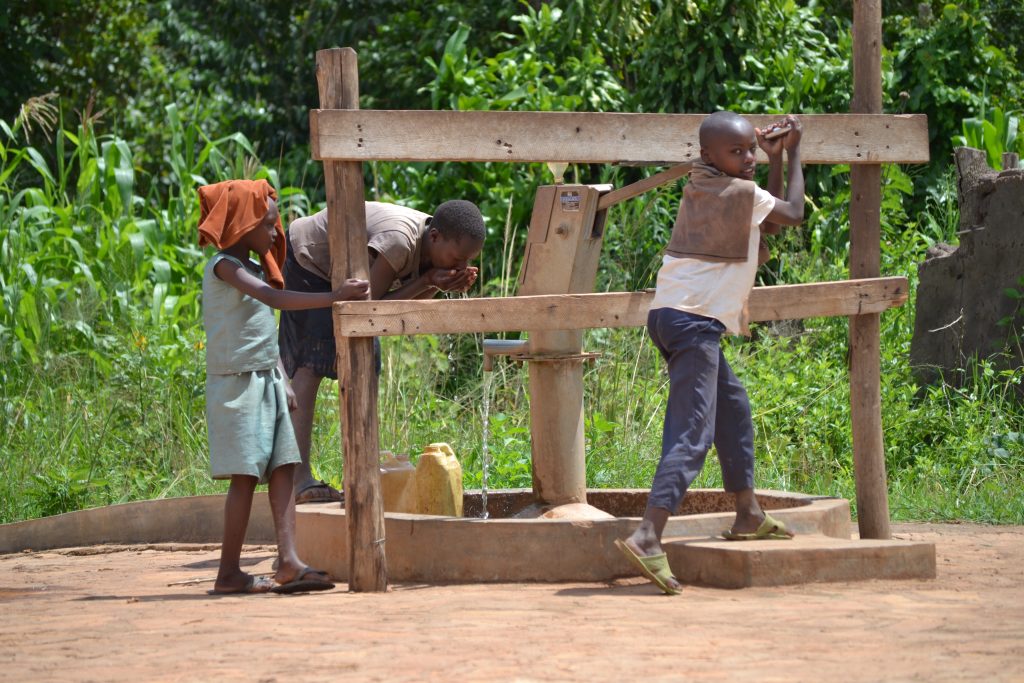Change language:
“Time justifies us” – Interview with Sándor Balogh

Sándor Balogh, President of the African-Hungarian Union, is a businessman, an entrepreneur and a sports event organiser. For him, a day could last from 26 to 28 hours and a week could include 9 days, because of his varied activities. He established the African-Hungarian Union more then ten years ago. The organisation is presently Hungary’s most prestigious civil organisation dealing with Africa. We asked the president about the achievements of this organisation.
The interview is brought to you by GLOBS Magazine:
In the past four years the world has changed a lot. Africa has got to the front-page, so to speak. It happened not only in Hungary, but also in other countries, and usually in a positive context. What was your experience in the African-Hungarian Union?
On one hand, we are concerned, just like everybody else in Hungary, about what has happened and is still happening in the world. Migration crisis has turned over many people’s lives and filled a lot with fear. On the other hand, the events of the past few years have justified us. At the time of the Union’s establishment, we issued a warning regarding political, economic or climate changes in Africa, that could upset the challenging balance there and would set off a crowd of millions. To tell the truth, in Europe, especially in her Eastern part, the basic opinion was that the situation could not affect us, because Africa is far away, and we have neither the tools nor the interest to solve the local problems of that continent. In summer 2015, all that changed overnight, when – as we might put it – reality knocked on the door of Central-Europe. An average Central-European viewer could see what happens when harvest is lost about 5,000 kilometres away. It could have an impact on our life.

Does it mean that more people have contacted you and asked for advice since then?
It does definitely.
Today, there is a proverb which we have always emphasised: “Assistance should be given where the problem is, before the problem comes to us.”
In reality, however, it is easier said that done, because Africa is not an easy place. In order to know what and where to do, so that it would mean real help and not only the image of charity, we need experts who have spent years in the field and are familiar with the local conditions as well as have personal connections. That is how we can help, and this is the area where our advice is required.
Yet, many criticize the approach of the West, because they try to solve Africa’s problems with humanitarian aid, in order to ease their feeling of guilt for the colonisation. That is why the introduction of other programs is urged. Have you realized any changes in the priorities?
We keep changing and reacting to the changes of the environment, and of course we learn in the meantime. The external environment changes rapidly. There are countries in Africa which expressed the opinion that they are not in need of aid. They would like us to take businesses and partnership there, which would create jobs. It is important to recognise that the retention power of Africa against migration would not be stronger if we gave them food. They deteriorate the migration situation within the continent.
They mean a danger for Europe by destroying whole regions.
Those who set off towards Europe, have some money and some information, but they have no proper jobs and long-term perspectives in their countries. Creating jobs, invigorating business life and training could help in this regard. These are the fields, which – in addition to the traditional, mostly medical and humanitarian work – play an increasing role in our activity.

Which are the regions where progress has been achieved in the past four years?
First of all, I would mention Uganda. We are running such complex pilot projects there. We are present in the communities with humanitarian aid – building hospitals, drilling wells, offering shelter to the orphans – and with job creating activity. Our model farm does not only provide work for many local families, but it also helps learn more modern agricultural technologies, which – when spread – would be able to increase the retention power of the region by setting the food security of the community. Even very small things are worth being analysed– for instance how sweet corn is sown. Minor changes might help to get better average yield for those who did the training, so they can grow more and sell their crops easier. Through the significant expansion of the network in Africa of the Hungarian Trade and Cultural Center (HTCC), such programs are available in more and more countries. In addition to Uganda, Morocco and Malawi, we work in countries less discovered by Hungarians, such as Botswana or Gabon. Our expansion coincides in a fortunate way with the strengthening of the Southern Opening Strategy, so we can cooperate with the newly opened Hungarian Embassies in several countries.

In the past few years you have filled up several important positions in organising Hungarian sports life. How can you manage to harmonise your work with your activity deriving from your devotion towards Africa?
I do not see any controversy. There are more sports achievements and successful sports events in Hungary, which enhance Hungary’s publicity and popularity in the world, regardless which continent is mentioned. Politics, or even economics can be divisive: one’s gain is in most cases the other’s loss. Although sport is the purest and most beautiful manifestation of human achievements, it could never be like that.
That is why sports are important in Africa as well. It is the way for the African youth, living in the poorest and hardest conditions to get into the world’s frontline if they are talented and persistent enough.
They can show that they can be exactly as successful as those who were born in more developed countries, and their individual performance is also valuable. However, it requires knowledge and preparation, and that is where Hungarians can help Africa. Some sports schools, which have already been launched to be built, could mean that dozens of African talents will be able to join the international sports life and win medals for their home countries, and in an indirect way for us.
By Tamás Szűcs, Journalist specialized in foreign politics
Source: GLOBS Magazine







